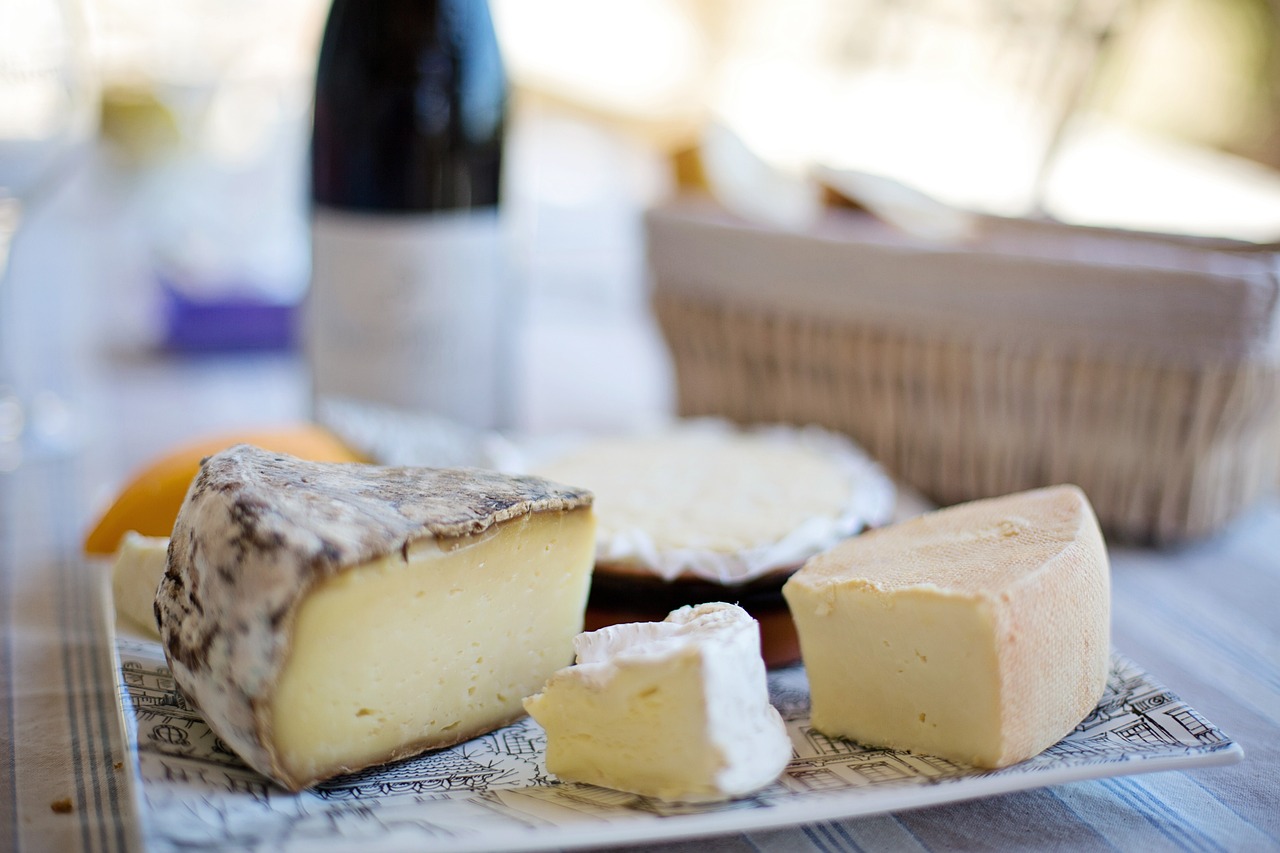The Role of Food in Community Building: From Shared Meals to Food Banks
Food plays a fundamental role in shaping the identity of different cultures worldwide. It serves as a gateway to understanding traditions, values, and beliefs deeply rooted in communities. Through food, rituals, ceremonies, and celebrations are often centered around showcasing unique culinary practices that have been passed down through generations. The way food is prepared, shared, and consumed reflects cultural diversity and highlights the significance of culinary heritage in societies.
In many cultures, offering food is a symbol of hospitality and generosity. The act of sharing a meal with others fosters connections and strengthens social bonds. Whether it’s a family gathering, a religious ceremony, or a community festival, food brings people together, creating an environment where individuals can engage in meaningful conversations and establish relationships. The cultural significance of food goes beyond sustenance; it serves as a unifying force that transcends language and borders, allowing people to connect on a deeper level through a shared dining experience.
How Food Can Bring People Together
Food has a remarkable ability to transcend language barriers and cultural differences, acting as a universal language that connects individuals from diverse backgrounds. The act of sharing a meal fosters a sense of camaraderie and unity, allowing people to bond over a shared experience of flavors and aromas. Whether it’s a simple home-cooked dish or an elaborate feast, the act of breaking bread together creates a sense of community and belonging that transcends societal divides.
In the fast-paced world we live in today, food provides a valuable opportunity for individuals to slow down, savor the moment, and engage in meaningful conversations with one another. The process of preparing and sharing a meal encourages mindfulness and presence, enabling people to connect on a deeper level beyond superficial interactions. By coming together around a dining table, individuals can build relationships, strengthen familial bonds, and create lasting memories that endure long after the last bite has been taken.
How does food play a role in bringing people together?
Food has the amazing ability to create connections and foster a sense of community among individuals. Sharing a meal with others can break down barriers, promote conversation, and create lasting memories.
In what ways does food bring people from different cultures together?
Food acts as a universal language that transcends cultural boundaries. By sharing traditional dishes and recipes, people from diverse backgrounds can learn about each other’s heritage and form bonds based on mutual appreciation for different cuisines.
Can food help bridge gaps between individuals with differing opinions or beliefs?
Yes, sharing a meal with someone who may have different perspectives can lead to open and respectful discussions. Breaking bread together can create a sense of understanding and empathy, fostering connections even in the face of disagreements.
How can food events or gatherings promote unity within a community?
Food-centered events such as potlucks, food festivals, or community dinners provide opportunities for people to come together, share their culinary creations, and celebrate their cultural diversity. These gatherings can help build a sense of unity and inclusivity within a community.
What role does food play in celebrating special occasions or holidays?
Food often serves as a central element in commemorating special events or holidays. Whether it’s a festive feast, traditional treats, or symbolic dishes, food plays a significant role in bringing people together to mark important milestones and create shared experiences.





